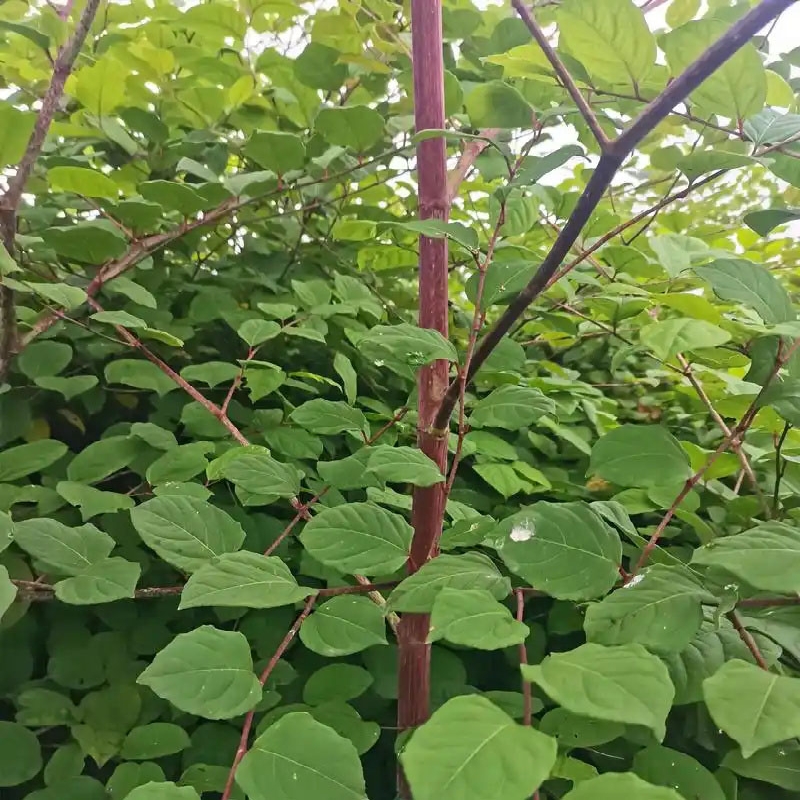Chinese and American scholars: a natural extract can resist cancer
-
Last Update: 2015-11-10
-
Source: Internet
-
Author: User
Search more information of high quality chemicals, good prices and reliable suppliers, visit
www.echemi.com
In early October, Tu Youyou, a Chinese scientist, won the Nobel Prize in physiology or medicine In the 1970s and 1980s, she created new antimalarial drugs - artemisinin and dihydroartemisinin, which saved countless patients suffering from malaria This is an excellent example of natural plant extracts for disease treatment Since the end of 1990s, plant extracts have attracted more and more attention from the pharmaceutical and food industry In recent years, there have been continuous reports on the research results of natural extracts used in anti-cancer, such as: potato extracts kill cancer stem cells; Magnolia extract can fight cancer; award-winning female scholars: cinnamon extract can inhibit cancer; rose fruit extract can treat triple negative breast cancer Recently, scientists from the Winship Cancer Research Institute of Emory University, the University of Chicago, ut Southwest Medical Center, Peking University and Fudan University found that an orange pigment extracted from lichens and rhubarb, known as centipede Mossin, may have potential as an anti-cancer drug Relevant research results were published in nature cell biology on October 19 Dr Jing Chen, Jun fan and Sumin Kang from Emory University School of medicine are the co authors of this paper Dr Chen Peng, School of chemistry and molecular engineering, Peking University, and Dr Lei Qunying, chief scientist of Fudan University participated in the research The authors report that vitellin, also known as emodin methyl ether, can slow down the growth of leukemic cells obtained directly from patients and kill them, without obvious toxicity to human blood cells The pigment can also inhibit the growth of human cancer cell lines transplanted into mice Led by Dr Jing Chen, the team discovered the properties of centipede Carex because they were looking for inhibitors of the metabolizing enzyme 6PGD 6PGD is a part of the pentose phosphate pathway, which can be used as a building block for rapidly growing supply cells Researchers have found an increase in 6PGD activity in a variety of tumor cells "It's part of the Warburg effect, the metabolic distortion of cancer cells," said Jing Chen, Professor of Hematology and oncology at Emory University School of medicine and the Winship Cancer Institute We found that 6PGD is an important branch of metabolism in a variety of tumor cells This work was jointly completed by three research groups led by Professor Jing Chen, assistant professor of Hematology and internal oncology, Dr Sumin Kang, and assistant professor of radiation oncology, Dr Jun fan The first co authors of this paper include Dr Ruiting Lin and Dr Changliang Shan, postdoctoral students, and Dr Shannon elf, graduate students The Winship team obtained cancer cells from a patient with acute lymphoblastic leukemia and found that a few doses of emodin / centipede can kill half of the leukemia cell cultures in 48 hours, while the same dose can leave healthy blood cells intact A more effective derivative of this pigment, called S3, can reduce the growth of lung cancer cells (implanted in mice) by a third after 11 days Although 6PGD inhibitors appear to be non-toxic to healthy cells, more toxicological studies are needed to assess potential side effects and to explore whether patients with genetic diseases are more sensitive to drugs, the researchers said Vitellin exists in some natural food pigments, but it has not been tested in human body.
This article is an English version of an article which is originally in the Chinese language on echemi.com and is provided for information purposes only.
This website makes no representation or warranty of any kind, either expressed or implied, as to the accuracy, completeness ownership or reliability of
the article or any translations thereof. If you have any concerns or complaints relating to the article, please send an email, providing a detailed
description of the concern or complaint, to
service@echemi.com. A staff member will contact you within 5 working days. Once verified, infringing content
will be removed immediately.






